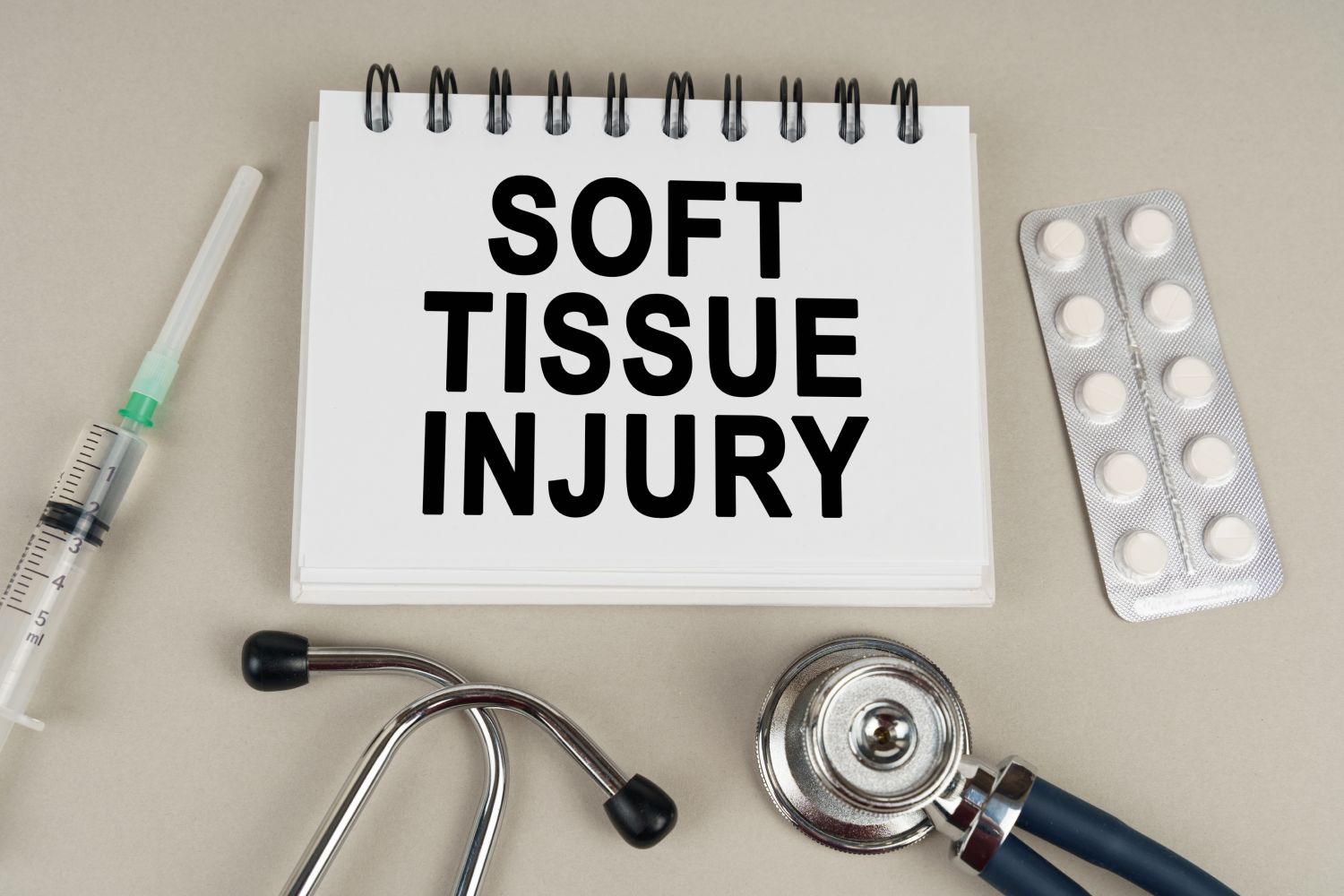If you are an employer at a small business or large company, you may be wondering how much a workers’ compensation claim might cost you and your business. And if you are an injured worker, you may have questions about how your workers’ compensation settlement will be paid and whether the business owner you work for is affected by your claim.
To begin, you should know that workers’ compensation benefits for work-related injuries are not paid by the employer. Rather, they are paid through a workers’ compensation insurance company.
Note: There are many workers’ compensation insurance companies. A claim is paid by the insurance company that an employer uses for their workers’ insurance coverage.
While employers do not directly pay for workers’ compensation benefits when they pay for business insurance, they do have to pay regularly scheduled premiums to a workers’ compensation insurance company regardless of whether one of their workers has been injured.
For more information, you can speak with one of the skilled legal professionals at Schwartzapfel Lawyers at no charge. We can help answer all your questions about workers’ compensation coverage requirements and costs to employers. You can contact us by visiting us online or calling 1-516-342-2200 today!
What Does Workers’ Compensation Cover?
The purpose of a workers’ compensation insurance policy is to help provide financial support to workers who are injured on the job. A workers’ compensation settlement can be a big help to workers while they are in recovery.
To gain a better understanding of how workers’ compensation works and its associated costs, it may be helpful to learn about what workers’ compensation benefits cover.
Below, discover the three (3) main items that make up a workers’ compensation settlement.
Medical Expenses
Regardless of the severity of a workplace injury, workers’ compensation benefits can help cover medical expenses that are incurred during treatment.
If an injured worker qualifies for compensation based on their company’s workers’ compensation policy, they may be eligible for coverage of the following medical expenses and more:
- Surgical procedures and other methods of treatment
- Diagnostic tests, X-rays, and/or scans
- Co-pays and visits to doctors’ offices, hospitals, and/or clinics
- Rehabilitation and/or physical therapy costs
- Medication and/or assistive equipment such as crutches or wheelchairs
- Transportation expenses to and from medical facilities
- Hospital stays
To gain access to health care coverage, injured individuals must provide medical documentation of their injuries, as well as expense logs for their treatments when filing a claim.
Lost Wages
Another significant part of a workers’ compensation settlement is the coverage of lost wages. Depending on the severity of a worker’s injury, they might need to take time off until they can fully recover. This absence from work can lead to a loss of income they would have earned during that period. In certain cases, the recovery process may extend to weeks or even longer, resulting in significant financial strain.
Moreover, in some instances, workers may face the unfortunate reality of being unable to return to their previous work duties at full capacity, if at all. This situation can further impact their ability to earn a living and may even necessitate a career change or vocational retraining.
To help injured workers maintain financial stability during their treatment, lost wage benefits under workers’ compensation insurance provide crucial support.
Still, lost wage benefits will often not cover a worker’s full wages and may be capped depending on the average cost of what a worker makes for the type of work they do. To receive the right amount of lost wage benefits, workers must provide information about their income and job when they file a workers’ compensation claim.
Compensation for Impairment or Disability
If a workplace injury leads to impairment or disability, compensation may be allocated to the afflicted worker. According to workers’ compensation laws, this type of compensation is typically paid in a lump sum as part of a worker’s settlement package to help manage employee injuries.
The amount of financial compensation a worker receives largely depends on the severity of their impairment or disability. Workers with long-term or permanent impairments are likely to receive more compensation than those with short-term impairments.
A short-term impairment can be caused by a broken limb that will heal, while a long-term or permanent impairment can be caused by paralysis or long-term pain.
For more information about what your workers’ compensation settlement may look like, as well as what coverages you may be eligible for, we recommend discussing your case with a qualified workers’ comp lawyer.
You can get in contact with one of the experienced lawyers at Schwartzapfel Lawyers by calling 1-516-342-2200 or visiting us online today.
Who Is Required To Carry Workers’ Compensation Insurance?
While NYS employers may not be responsible for paying out workers’ compensation benefits to injured workers, virtually all are responsible for carrying workers’ compensation insurance.
In New York State, there are many legislations to govern workers’ compensation requirements in the workplace. Included in these legislations are the type of businesses and companies that are required to carry workers’ compensation insurance.
Businesses Required To Carry Workers’ Compensation Insurance
In New York State, almost all businesses and employers are required to carry workers’ compensation insurance for their workers.
These businesses include but are not limited to:
- Nearly all for-profit businesses
- Most non-profit organizations
- Businesses in industries that are deemed dangerous by New York State laws, which include construction, utility work, farming, etc.
- All public organizations and companies
- Private employers with one or more full-time employees
For businesses required to carry workers’ compensation insurance, non-compliant companies and organizations may be subject to a fine. The fine in New York State for not carrying workers’ compensation is $2,000 for every (10) days a company does not have insurance.
Because most businesses are required to carry workers’ compensation insurance, it is always best to provide it if you are unsure whether you are required to or not.
If you are a worker who is unsure about whether your employer carries workers’ compensation insurance or is required to have it, we strongly advise seeking assistance from a qualified workers’ comp lawyer.
The Federal Employers’ Liability Act (FELA)
Carrying workers’ compensation insurance is not the only requirement employers must abide by when it comes to workers’ rights and compensation.
The Federal Employers’ Liability Act (FELA), originally passed to protect railroad workers, functions to protect employees in high-risk industries when they are injured.
Under FELA, employers are required to provide injured workers with pay if they miss work due to an injury. It also requires employers to cover medical expenses and compensation for workers who are injured due to company negligence.
Because FELA only applies to a few employers and organizations, namely those in the railroad industry, many employers may not be subject to its regulations.
Employers who are unsure what workers’ compensation rules apply to them and their company should consult a legal professional.
At Schwartzapfel Lawyers, we can connect you with one of our experienced workers’ compensation lawyers to answer your questions and tend to your needs – legal, personal, and otherwise. Give us a call at 1-516-342-2200 or visit us online for more information today!
The Costs of Workers’ Compensation Claims and Insurance
By learning what goes into workers’ compensation settlements and the requirements employers must uphold, you can gain a better understanding of the associated costs within the process.
In most cases, workers’ compensation claims do not cost the employer of a business or a company. This is because employers do not usually pay out workers’ compensation settlements and/or benefits directly.
That said, as most NYS employers are required to carry workers’ compensation insurance, this entails a regularly billed cost or premium, similar to other types of insurance.
How Are Workers’ Compensation Premiums Calculated?
The amount of money that an employer pays for workers’ compensation insurance depends on several factors.
These include but are not limited to:
- Industry or Type of Business: Employers who work in high-risk industries, such as employers for construction or utility workers, may have to pay a higher insurance premium. This is because there is a higher risk of one of their workers getting injured and therefore filing a claim.
- Annual Payroll and Number of Workers: The number of employees on a company’s payroll, and therefore the more workers a company has, the higher a workers’ compensation premium may be. This is because more workers could mean more claims.
- Claims History: If you get into a car accident, it is very likely for your car insurance payment to go up. The same applies to workers’ compensation insurance and workplace safety-related injuries. The more claims are filed under an employer to their insurance carrier, the more they have to pay in workers’ compensation insurance premiums.
Note: Insurance premiums are also driven by state laws. In this way, some laws may lead to increased premium payments for employers depending on the type(s) of coverage they require.
How Much Is the Average Workers’ Compensation Premium?
Depending on company size and the nature of business, employers may have to pay different premiums for their workers’ compensation insurance. Note: There is no set insurance premium payment that applies to all types of employers based on classification codes.
In New York State, however, the average premium payment ranges between just under 10 cents to $30 per every $100 of payroll.
Low workers’ comp premiums are meant for employers in low-risk industries that require minimal medical care, such as office work. The highest premiums are for employers in high-risk injuries, such as construction, that require significant medical care. Moderate-risk injuries may pay anywhere between these two figures.
When a workers’ compensation claim is filed, insurance premiums will typically go up based on the severity of the injury and the amount of benefits paid out to a worker. Such an increase can have a significant impact on small business owners, leading to an overall increase in workers’ comp insurance costs.
Conclusion
Regardless of premium costs and potential increases, NYS employers are required to provide workers’ compensation coverage to ensure their workers can access essential medical treatment and support their loved ones.
For more information about workers’ compensation claims and costs to employers, get in touch with one of the award-winning workers’ comp attorneys at Schwartzapfel Lawyers by calling 1-516-342-2200 or visiting us online today.
Don’t wait! Your financial future is too important to leave to chance. To protect it, start now by having Schwartzapfel Lawyers fight for you!
DISCLAIMER: The information on this page is not legal advice from a licensed professional. To get in touch with a workers’ compensation lawyer, call us at 1-516-342-2200 today.
Sources:
Schwartzapfel Lawyers, P.C. | Fighting For You™™


















